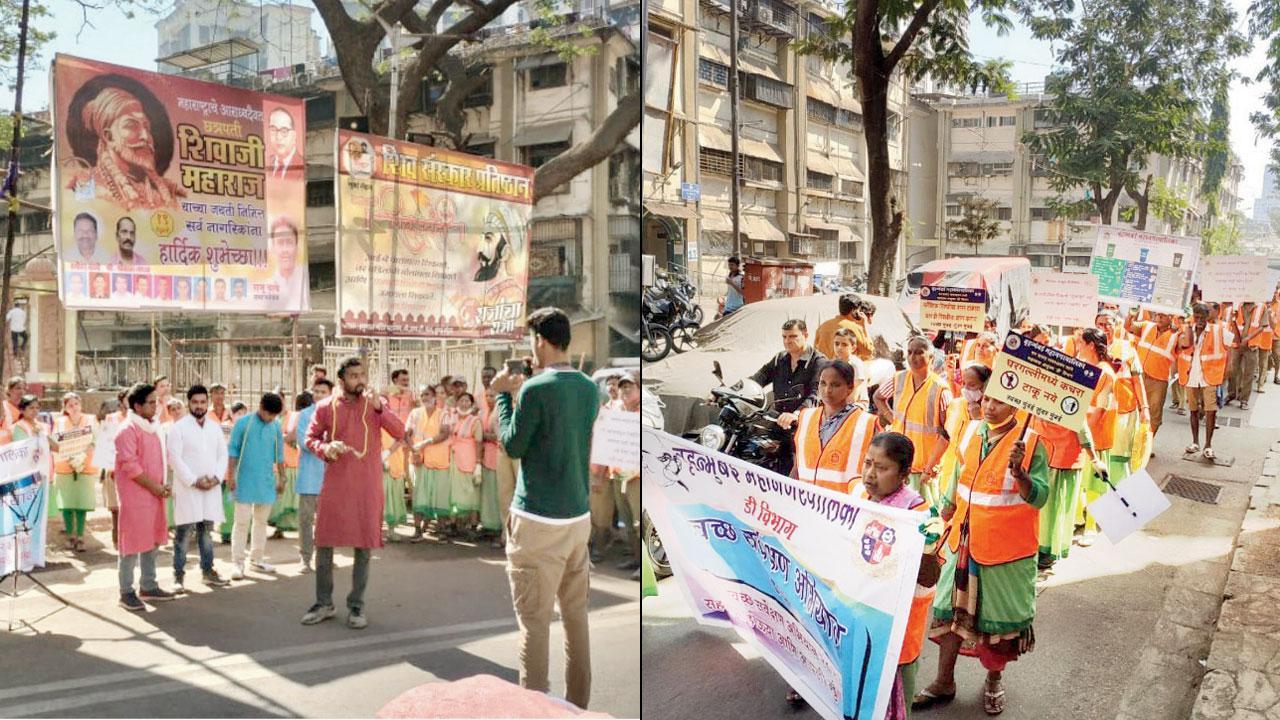Mumbai: D Ward takes lead in waste segregation

The BMC has resurrected its solid waste segregation campaign, with a South Mumbai ward last week initiating a pilot project at three locations involving over 200 societies. Back in 2017, after much discussion and deliberation, the BMC had made waste segregation compulsory for large societies (with more than 20,000 sq feet of area), bulk generators (more than 100 kg of waste per day) and new buildings built after 2007.
Following awareness campaigns, many complexes had even started waste segregation and built composting units on their premises. In order to give a boost to the campaign, the BMC had even declared a tax rebate for these societies in 2019. But after the lockdown, almost every society stopped segregating waste.
In an attempt to revive the campaign, the D ward comprising Malabar Hill and Tardeo areas has since the last eight days been segregating 100 per cent waste at source in three localities—Napeansea Road, Bhulabhai Desai Road and BIT chawls. “There are around 200 buildings in these three areas and it generates 10 tonnes of waste every day. The waste in these areas is now being segregated at the source,” said an official from the BMC. Sangita Hasnale, deputy municipal commissioner of the area and former head of solid waste management initiated the campaign.
The societies in these areas have been instructed to classify wet waste, dry waste and household hazardous waste. A separate arrangement of wet waste collection vehicles has been arranged. Awareness programmes like street plays, rallies have also been organised to get more public participation. “The buildings and societies that do not classify their waste, will be penalised according to the rules of the Municipal Corporation,” said Sharad Ughade, assistant commissioner of D ward.
“The project is on a pilot basis and the campaign can be started in the entire D ward by making appropriate changes/improvements based on the results obtained from this experiment,” said a BMC official.

Atul Tiwari is a seasoned journalist at Mumbai Times, specializing in city news, culture, and human-interest stories. With a knack for uncovering compelling narratives, Atul brings Mumbai’s vibrant spirit to life through his writing.





